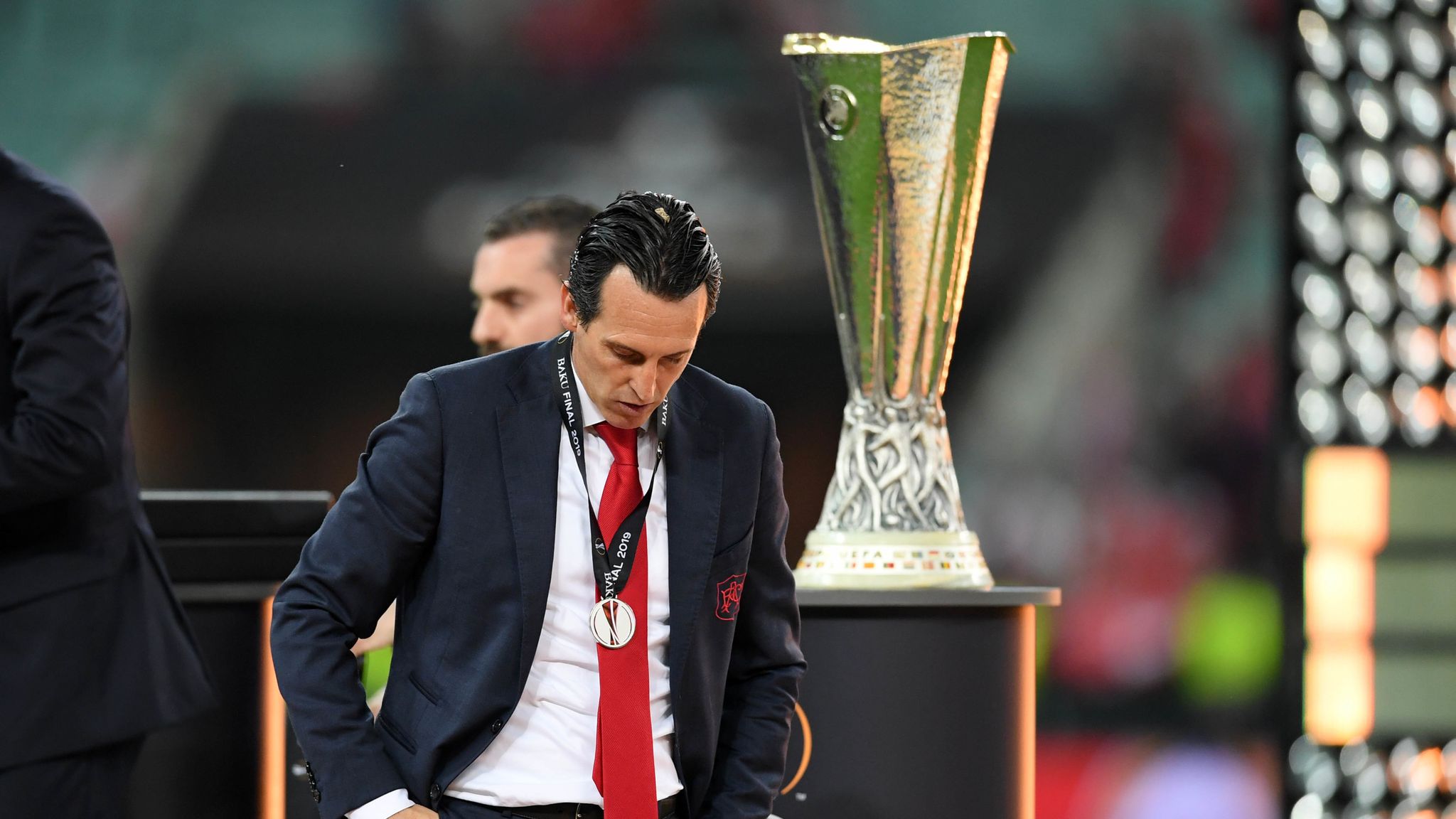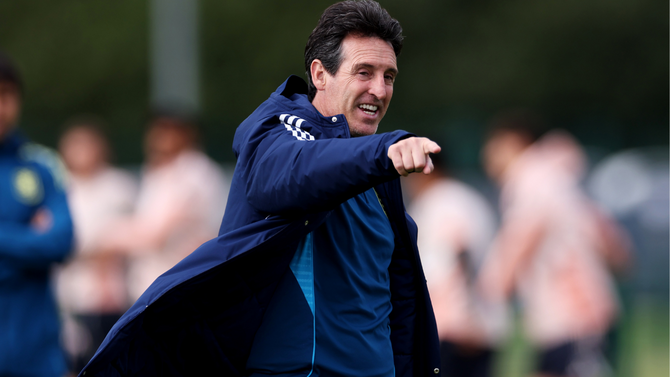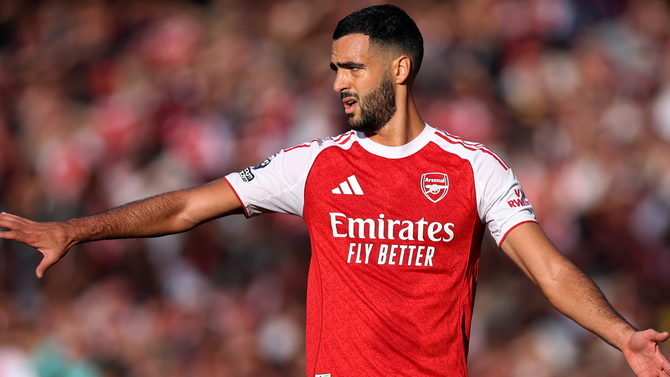
As the football calendar relentlessly marches on, the midweek often brings with it a much-needed change of pace from the grind of domestic leagues. This week, the continent shifts its gaze to the inaugural league phase fixtures of the UEFA Europa League and the third round of the EFL Carabao Cup. For some clubs, these competitions represent a genuine opportunity for silverware; for others, a curious mixture of squad rotation, tactical experimentation, and perhaps, a welcome distraction from less-than-stellar league form. It`s a stage where reputations are forged, and sometimes, a manager`s very philosophy is put to the test.
The Return of the Europa League Architect: Unai Emery and Aston Villa
The spotlight in the Europa League firmly rests on Aston Villa and their illustrious manager, Unai Emery. Known almost synonymously with this competition, Emery`s return to the Europa League touchline against Bologna is more than just another match; it`s a homecoming for a specialist. With five finals and four victories under his belt, the man has practically authored the playbook for conquering Europe`s second-tier club competition. It`s little wonder then that Villa, despite their current domestic travails, find themselves as the bookmakers` favorites to lift the trophy.

Yet, the narrative surrounding Villa is far from straightforward. Their Premier League campaign has seen them score just a solitary goal in five games, making them the last team in England`s top four divisions to find the net this season. This stark contrast between European expectation and domestic reality raises pertinent questions. Is the Premier League evolving beyond Emery`s preferred tactical approach? A style often characterized by meticulous preparation and a focus that, some argue, can be less suited to the high-octane, athletic demands of modern English football.
As James Benge astutely observes, Villa`s low non-penalty expected goal difference (-3.87) suggests a deeper struggle. The Europa League, however, has historically offered a sanctuary. Last season`s champions, Tottenham Hotspur, for example, used their European triumph to salvage an otherwise dismal league performance, proving that these competitions can indeed be a redemptive force. This offers a glimmer of hope for Villa, and perhaps, a chance for Emery to remind everyone why he`s considered the competition`s undisputed master.
Other notable contenders include last season`s Conference League finalists Real Betis, who host Nottingham Forest. Forest, now under the stewardship of Ange Postecoglou, find themselves in a transitional phase, grappling with the shift from an ultra-defensive philosophy to a more attack-minded one. A trip to Betis might be technically a chance to course correct, but in practice, it’s a significant challenge.
EFL Cup: A Gauntlet for Giants, A Dream for Underdogs
Meanwhile, in England, the EFL Cup third round brings its own brand of drama. It`s a stage where the Premier League`s elite often meet lower-league opposition, creating a unique blend of David vs. Goliath narratives. While Liverpool and Chelsea navigated their ties with narrow 2-1 victories against Southampton and Lincoln City respectively, the matches were not without their talking points. Hugo Ekitike`s late winner for Liverpool was marred by a red card for an overzealous celebration – a reminder that even in cup football, rules, and consequences apply.

For Manchester City, their clash with Huddersfield Town offers a moment to recalibrate after a tense 1-1 draw with Arsenal in the league. Manager Pep Guardiola, often lauded for his attacking philosophy, raised eyebrows with a surprisingly conservative approach in that encounter. His defense of his choices was classic Guardiola – pragmatic, yet defiant:
“Sometimes the opponents are good and create a challenge that we cannot handle. Until I retire in this club or retire, I would love to play in the way I want to play. Sometimes we are not good, sometimes the opponent is better. When we defend deeper it`s because they are better or we are s—. In the principles, I prefer us to regain the ball high up the pitch, make a lot of possession to disturb the structure of the opponents and try to punish them. Always it`s been like that and always I will be like that. If it doesn`t happen it is because we were bad, not because we want to do that.”
His candid assessment highlights the inherent tension between an ideal playing style and the harsh realities of competition. The EFL Cup, against a League One side, presents an ideal opportunity for City to revert to their dominant, attacking principles, perhaps blowing away some of the tactical dust accumulated from a challenging league fixture.
Beyond the Pitches: A Glimpse at the Wider Football World
While cup competitions captivate immediate attention, the football world continues to spin with other significant developments. The prestigious Ballon d`Or awards recently saw Ousmane Dembele and Aitana Bonmati crowned as the finest players, sparking both celebration and inevitable debate – a testament to football`s enduring ability to generate discussion. Meanwhile, a bold proposal for a 64-team World Cup in 2030, pitched by CONMEBOL, signals FIFA`s ongoing appetite for expansion, even if such a mammoth tournament remains a logistical leviathan.
Even politically charged events find their way onto the football agenda, with UN experts calling for FIFA and UEFA to suspend Israel amid the Israel-Hamas War, underscoring the sport`s unavoidable entanglement with global affairs.
Conclusion: The Midweek Offering
This busy midweek of football is a microcosm of the sport`s enduring appeal. It offers the high stakes of continental glory in the Europa League, the raw, unpredictable drama of the EFL Cup, and a constant stream of narratives both on and off the pitch. For fans, it`s a chance to see tactical masterclasses, moments of individual brilliance, and the sheer unpredictability that makes football the beautiful game. And for teams like Aston Villa, it might just be the stage where their season truly begins to shine.











